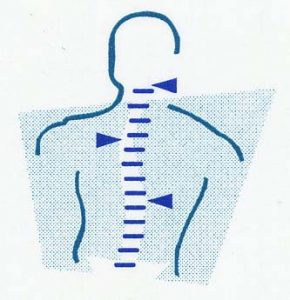There are perfectly compliant ways to engage with healthcare marketers, and then there’s this; here are some of the latest real-life examples:
“DME BRACE CAMPAIGN – $40 to $150 PER LEAD PER BRACE”
“DME DIABETIC LEADS $40 PER LEAD, INSURANCE AND DOC INFO INCLUDED”
“PAIN CREAM/LIDOCANE LEADS FOR SALE, RX INCLUDED”
These marketers are seemingly holding auctions for the sale of federally protected patient health information out to the highest bidder! Couldn’t make this stuff up – if you’re in this industry, a quick gander at your (business) social media platforms will quickly confirm it.Continue reading




 By:
By:  By:
By: 
 By:
By: 
 By:
By: 
 By:
By:  By:
By:  By:
By: